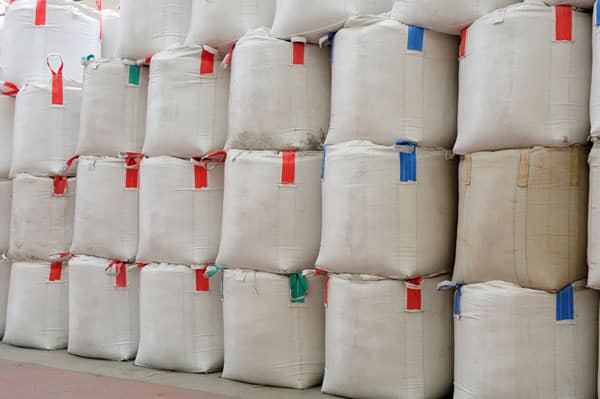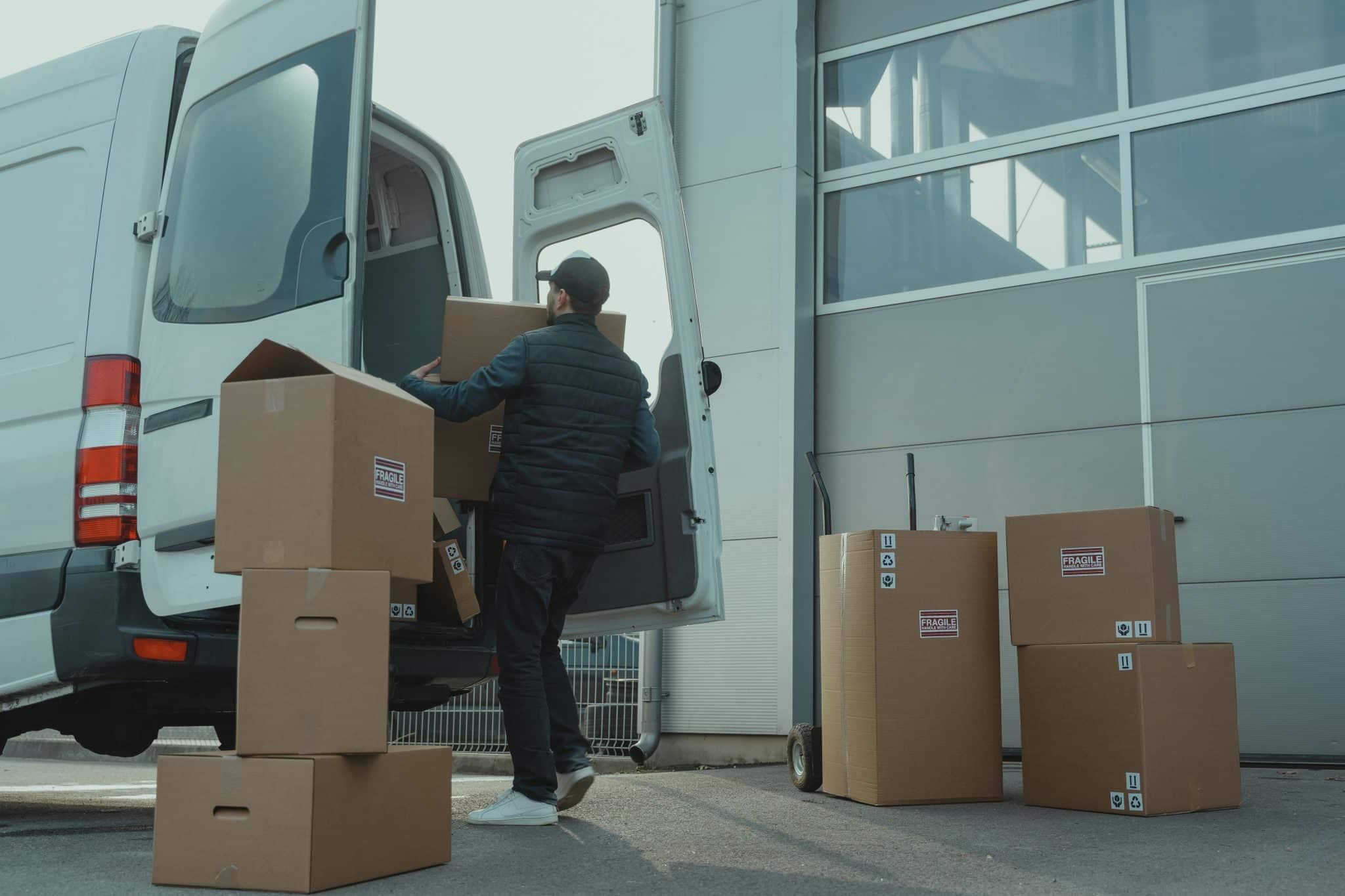In the world of industrial storage and transport, size isn’t everything, but strength sure is. When your warehouse moves thousands of pounds of materials each day, you need packaging that can handle the weight without breaking down, falling apart, or slowing things down. That’s where one ton bags come into play.
These heavy-duty bags are a convenient solution — a reliable workhorse for large-scale operations. If you’re considering adding them to your supply chain, it helps to know exactly how much they can hold, how to use them safely, and what features matter most.
What Are One Ton Bulk Bags?
One ton bulk bags, also known as Flexible Intermediate Bulk Containers (FIBCs), are oversized storage sacks made from woven polypropylene fabric. As the name suggests, they’re designed to hold up to 2,000 pounds, or roughly one metric ton, of dry materials.
Most bags feature four reinforced lifting loops at the corners for easy forklift or crane handling. Depending on the application, they may also come with additional features like spouts for filling and discharging, internal liners for moisture protection, and baffles to help maintain shape during stacking.
Understanding Weight Limits and Capacity Ratings of One Ton Bulk Bags
It’s easy to assume that “one ton” means the bag can handle anything up to 2,000 pounds, and technically, that’s true. But it’s important to distinguish between volume and weight. A bag might be large enough to physically hold more than a ton, but loading beyond its rated Safe Working Load (SWL) is a recipe for trouble.
Each bag’s SWL is determined by how it was constructed: fabric strength, stitching patterns, and reinforcements all play a role. Exceeding that rating can lead to bag failure during lifting or stacking, which risks not just product loss but worker safety.
Always verify load ratings before use, and double-check that your handling equipment is up to the task. Many bags also come with safety factors, typically 5:1 or 6:1, meaning they can withstand five or six times their rated load under test conditions. That doesn’t mean you should test it yourself, but it’s a good indicator of durability.
Where One Ton Bulk Bags Are Used and Why
From massive warehouses to outdoor job sites, one ton bulk bags are used just about anywhere dry bulk materials need to be moved, stored, or shipped. They’re popular in agriculture for grain and seed, in construction for sand, gravel, and concrete mix, and in manufacturing for everything from plastic pellets to powdered chemicals.
These bags are especially useful for temporary or mobile storage. Because they don’t require rigid containers or shelving systems, they adapt easily to changing workflows and warehouse layouts. They’re also reusable in many cases, making them both cost-effective and eco-friendly.
Companies looking to stretch their budgets often search for one ton bulk bags as a way to get the storage capacity they need without investing in expensive bins or pallets.
How to Use One Ton Bulk Bags Safely
Safety is key when working with any industrial packaging, and these bags are no exception. First, always inspect the bag before use. Look for signs of wear around seams, lifting loops, or spout connections. Any fraying or damage should be taken seriously.
When filling, use compatible equipment to avoid damaging the fabric or seams. Make sure the load is evenly distributed and doesn’t exceed the capacity. Bags should be filled upright and on a flat surface to reduce tipping risk.
During transport, use the correct lifting method. The lifting loops are designed to be picked up with forklift tines or hooks, not dragged across the ground. Stack bags only as high as the manufacturer recommends, and never attempt to restack bags that are leaning or unstable.
If your operation stores bags long term, keep them out of direct sunlight and away from moisture, as UV rays and humidity can weaken the fabric over time.
Get Reliable One Ton Bulk Bags Built for Heavy-Duty Performance
If you’re looking for one ton bulk bags that meet industrial demands without draining your budget, Container Exchanger is a trusted source for both new and used options. Their extensive selection is tailored for businesses that need tough, tested packaging solutions — and fast.
With clear specs, competitive pricing, and inventory ready to ship across North America, they make it easy to get the storage capacity your warehouse needs. Explore their current listings today and find the right fit for your operation.








